“Golf Speak”
February 1, 2024

When I first began playing golf, I thought I had traveled to a different country that spoke a language I did not understand. Five minutes listening to the conversation in the clubhouse was enough for me to figure out that golf has a language all its own, and I did not speak it.
I had no clue what my fellow golfers were saying when I heard: “Ever seen a duffer smash a worm burner on their way to a triple bogey?”
What was I – a newbie to the game – to make of all these baffling golf terms?
Each sport or pastime has its own lingo, jargon, and expressions. Golf is no different.
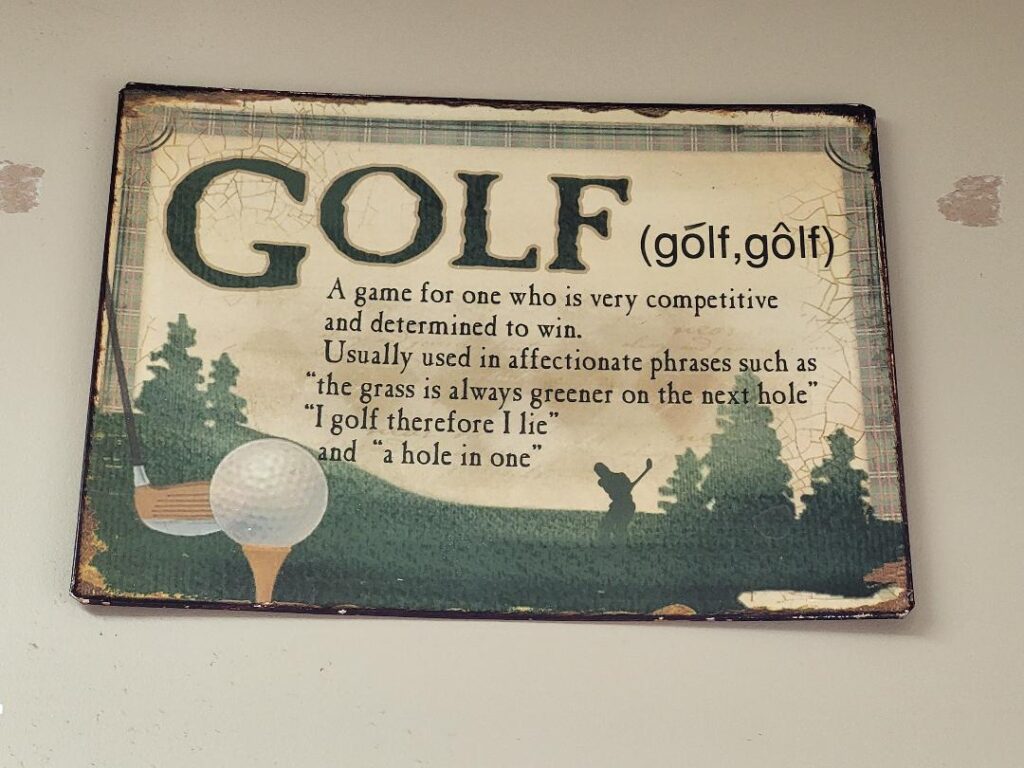
Given the age and popularity of the sport, golf probably has quite a few more unique terms than many other sports. Heck, even veteran golfers are sometimes stumped by the language that pops up on the course.
Of course there are the golf terms every non-golfer knows:
- Tee
- Fore!
- Fairway
- Hole-In-One
But what about:
- Foozle
- Yips
- Pigeon
I had no clue!
I just kept wondering – Is a beginner golfer really expected to know all the golf terms and lingo used throughout the game (to include both legitimate terms and the more comedic terms)? Seriously?
Obviously if I was going to be a real golfer I had to at least sound like one – right?
So I set out to study, read, listen, and immerse myself in the game in order to understand this language called “golfspeak”. I soon came to the conclusion that “golfspeak” consists of many terms.
A golf bag full actually!
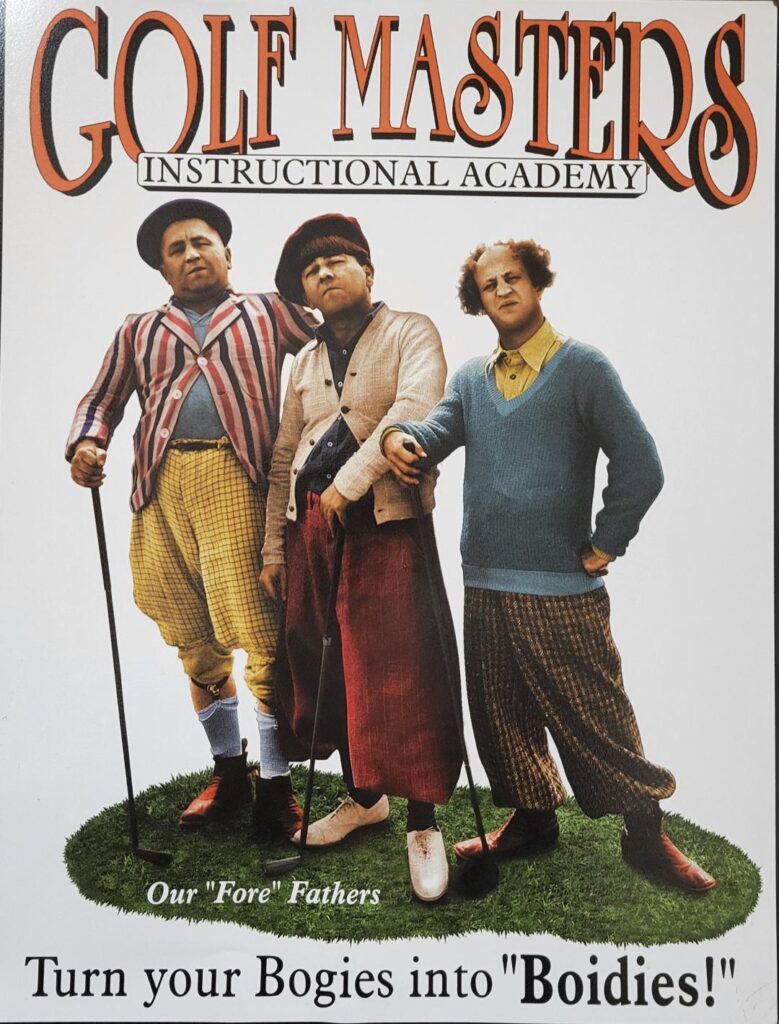
They even have books and web sites consisting of nothing but GOLF TERMS!!
While knowing all the latest golf terms can’t help me drop ten strokes off my game, knowing some terms does help me sound like I know what I’m talking about when conversing with my golfing comrades.
Here are few of my favorite ones that I have learned throughout my playing days:
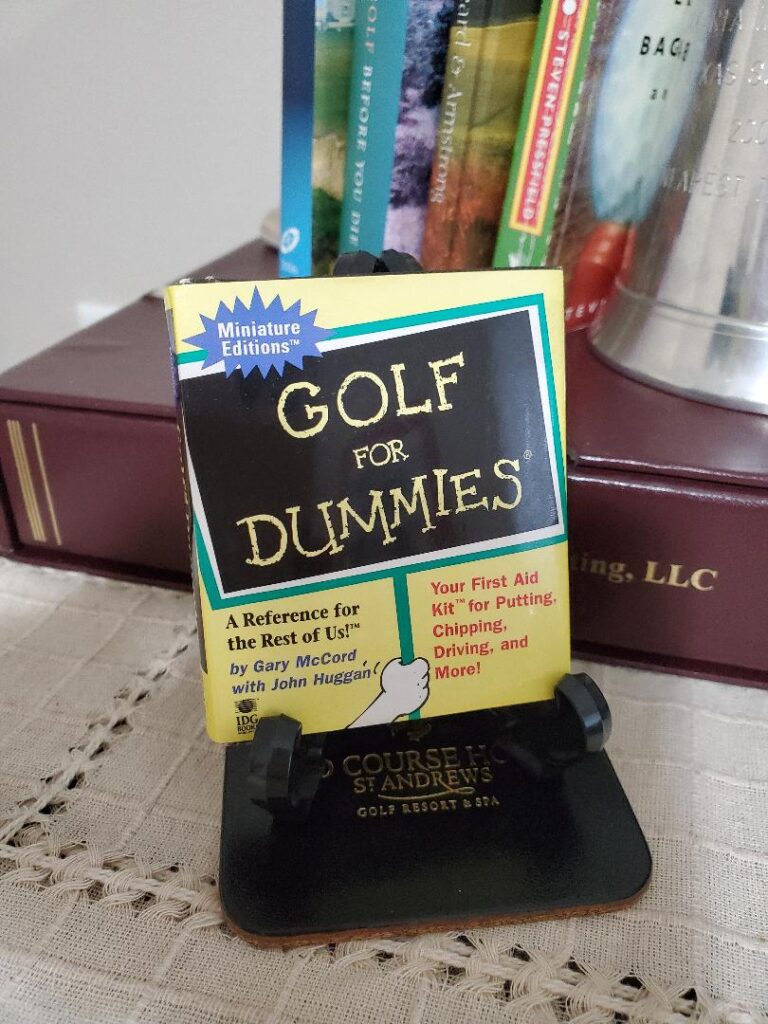
Army Golf: Going from the left side of the hole to the right, then back to the left again (left, right, left… get it?).
Barkie: Hitting a tree and still making a par.
Breakfast ball: An unofficial rule of golf that gives you a free mulligan on the first tee. For me, it’s the most important meal of the day.
Dammit: Nothing clever here, but undoubtedly the most common and beloved golf term.
Foot Wedge: Also known as the golfer’s 15th club, employing the foot wedge is the not-so-legal action of kicking your golf ball into a more favorable spot before hitting it. (I would never condone this!?!?!)
Swing Oil: Beer (or whatever “spirit” you choose)
And a couple for my golfing friends who are political news nerds….
Rush Limbaugh: A golf shot that’s hit way to the right.
Ted Kennedy: A golf shot that’s hit way to the left.
(Funny thing about golf – it doesn’t take sides!)

And you know what? It isn’t just golf that has a different language. The more I think about this, the more I see how terms differ in all walks of my life.
For instance, when I joined the Navy I had to learn all kinds of new terms. Without a doubt, learning to talk like a sailor is like learning a new language. (No wonder I curse!)
Or when we have moved to various countries while serving overseas, I was continually faced with having to learn new terms and languages.
Although the terms weren’t always common – what was common was the need to learn the various “speak” in order to better communicate. (I am pretty sure I now know how to say “Hello”, “Please”, “One Beer”, and “Where is the Toliet?” in at least 15 different languages!)

Even though I may know the “golf talk” of others, I am not so sure the “art of conversation” is thriving. I mean, as I look around I notice we’ve gotten away from voice calls yet spend hours glued to our phones. It’s like the rules of conversation have been redrawn in the age of WhatsApp, Snapchat and emojis.
I believe the beauty of a face-to-face conversation is not knowing where it will go and having to improvise on the spot. Even actors who memorise a script will point out that acting is actually about reacting – not just to the words they hear but to micro expressions, tone, body language, energy, etc. Live, interpersonal conversations help us develop these skills; they’re immensely important in interviews, presentations and other influencing situations. They build confidence and help us navigate our way through life.
And for me, the last couple of years have been a game changer when it comes to conversing with others. It feels as though much of what I knew when it came to striking up a conversation with others has been altered by world dynamics. With some, I often don’t even know the words (golf-speak) to use now to even begin a conversation that will not be perceived as offensive.
Has the art of conversation really been lost?
You know what? I don’t think so. Yes, it appears that cordial conversation has been replaced by reactive discourse. BUT…..I know this can change. By focusing my conversations on where I connect on a human level, will help me have empathy or the ability to sense the other person’s feelings and imagine their experiences.

Most people tend to avoid talking to anyone they expect to disagree with….but as human beings, we need to learn to talk to one another to reach compromise. I say, let’s occasionally put down our smartphones, engage someone in dialogue and stay very much in the moment. It’s worth it.
My Reads From the Reds – Collaborative conversation can survive by learning the “Golf-Speak” of others!
Fairways and Greens – We are 18 Holes and Counting!
Written by Kathy Festa
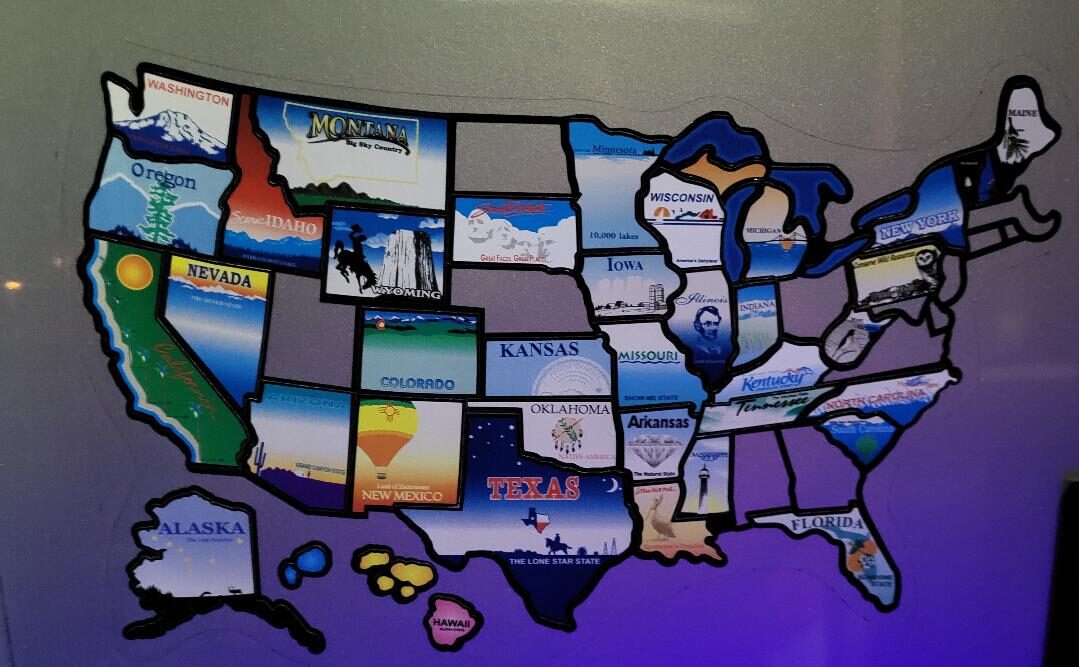


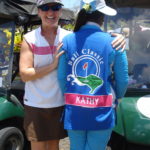
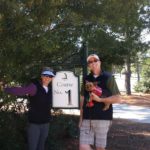


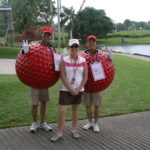
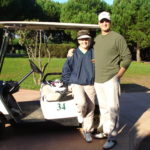

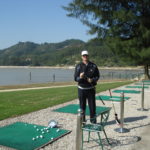
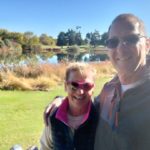
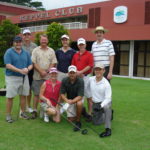


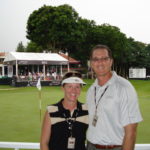


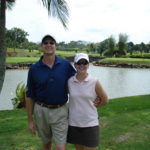


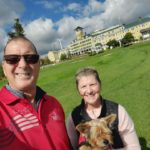
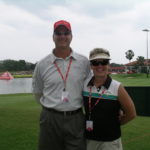



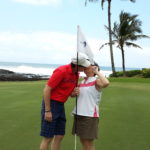
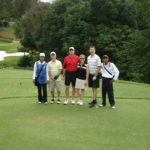

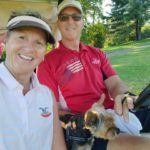
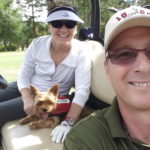

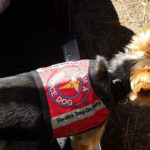

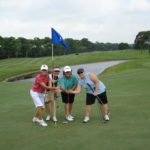

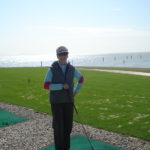
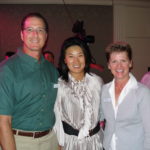
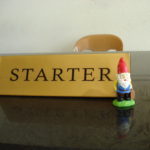





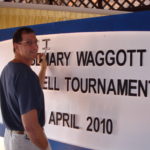
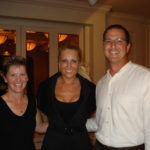
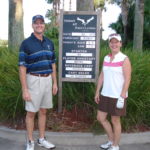
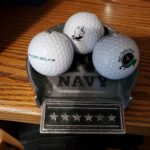





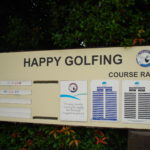


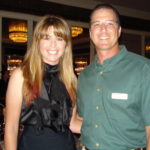





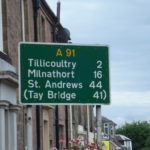






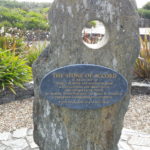



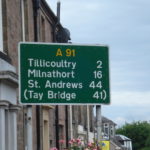





Read what our Gallery Members are saying!